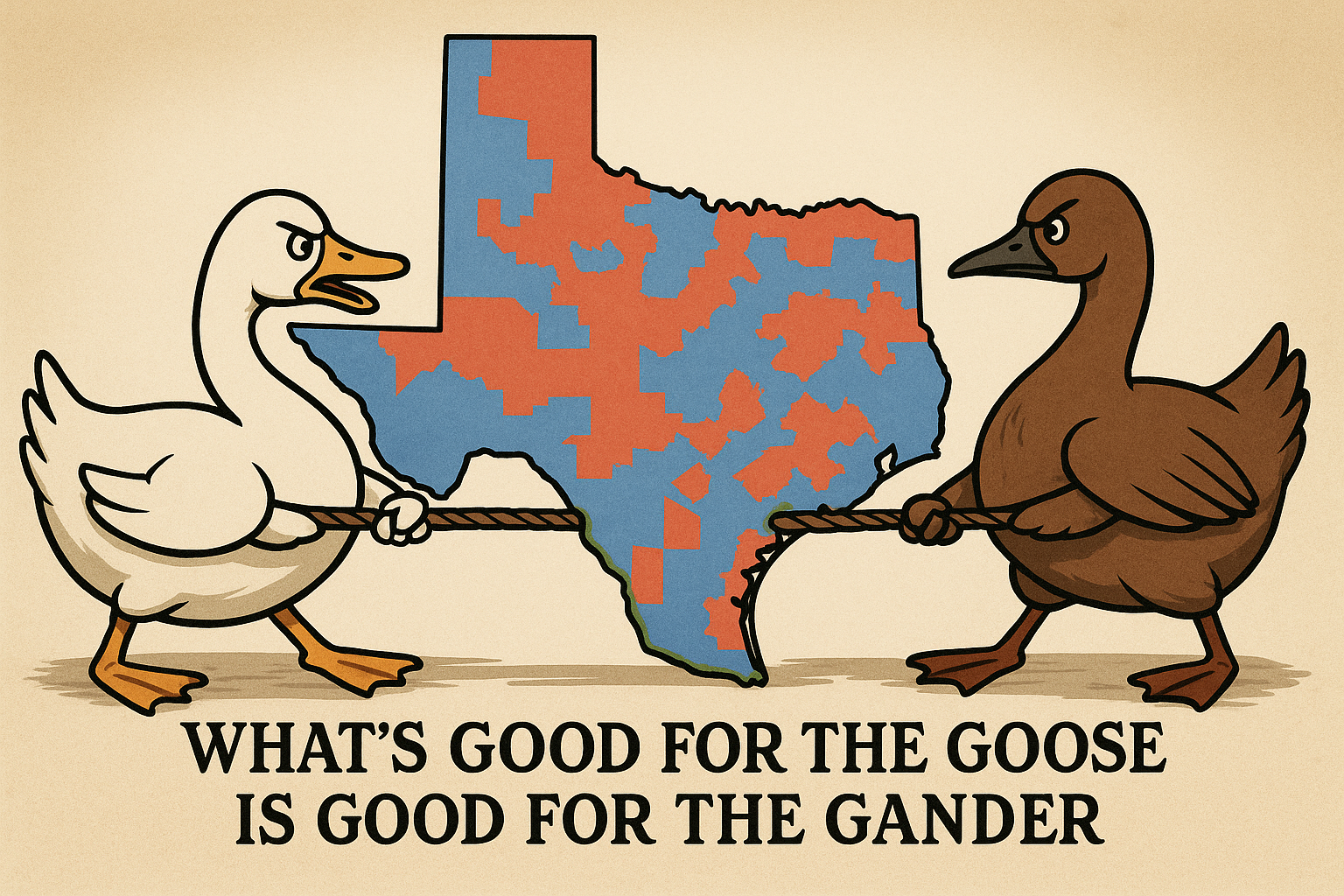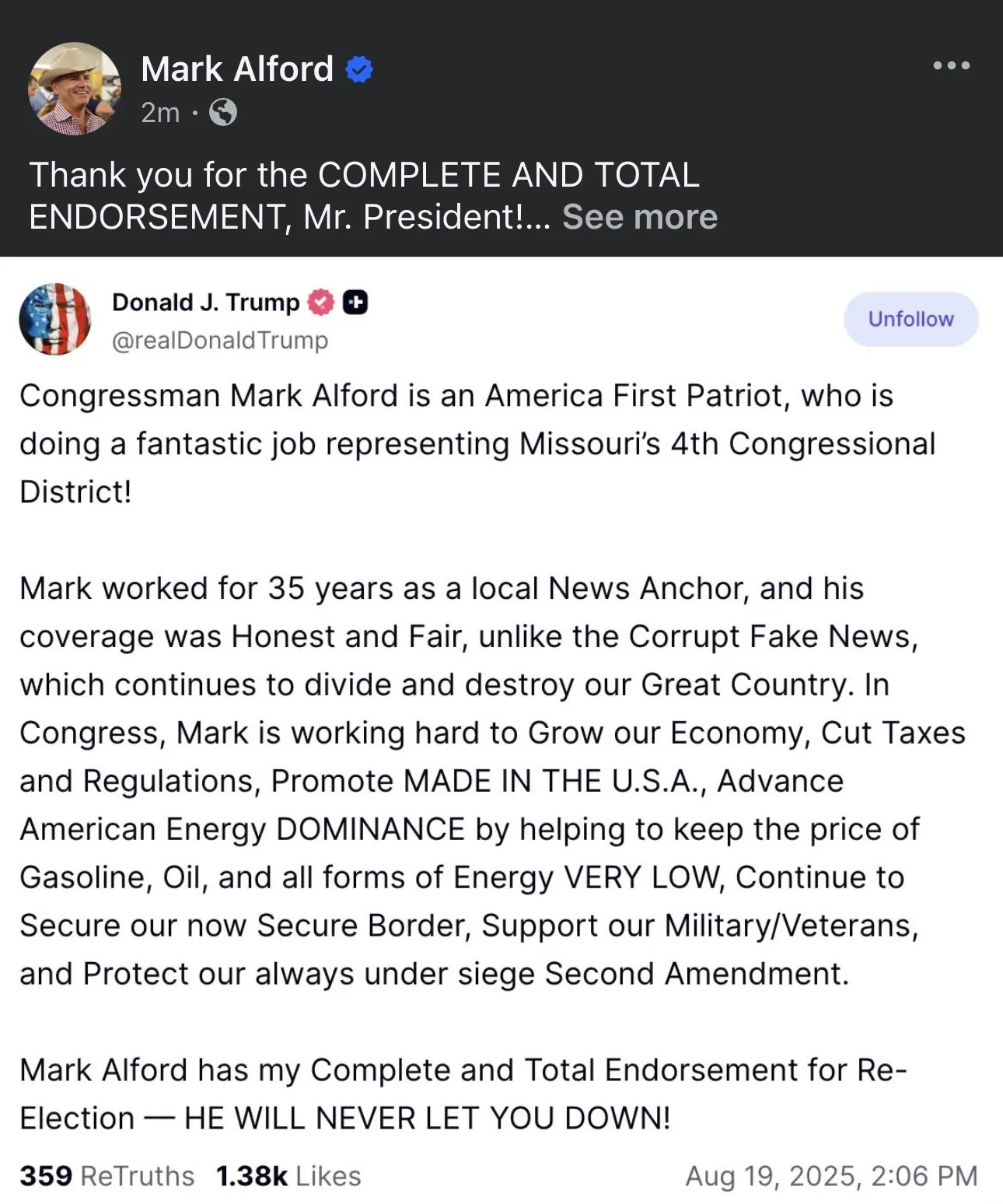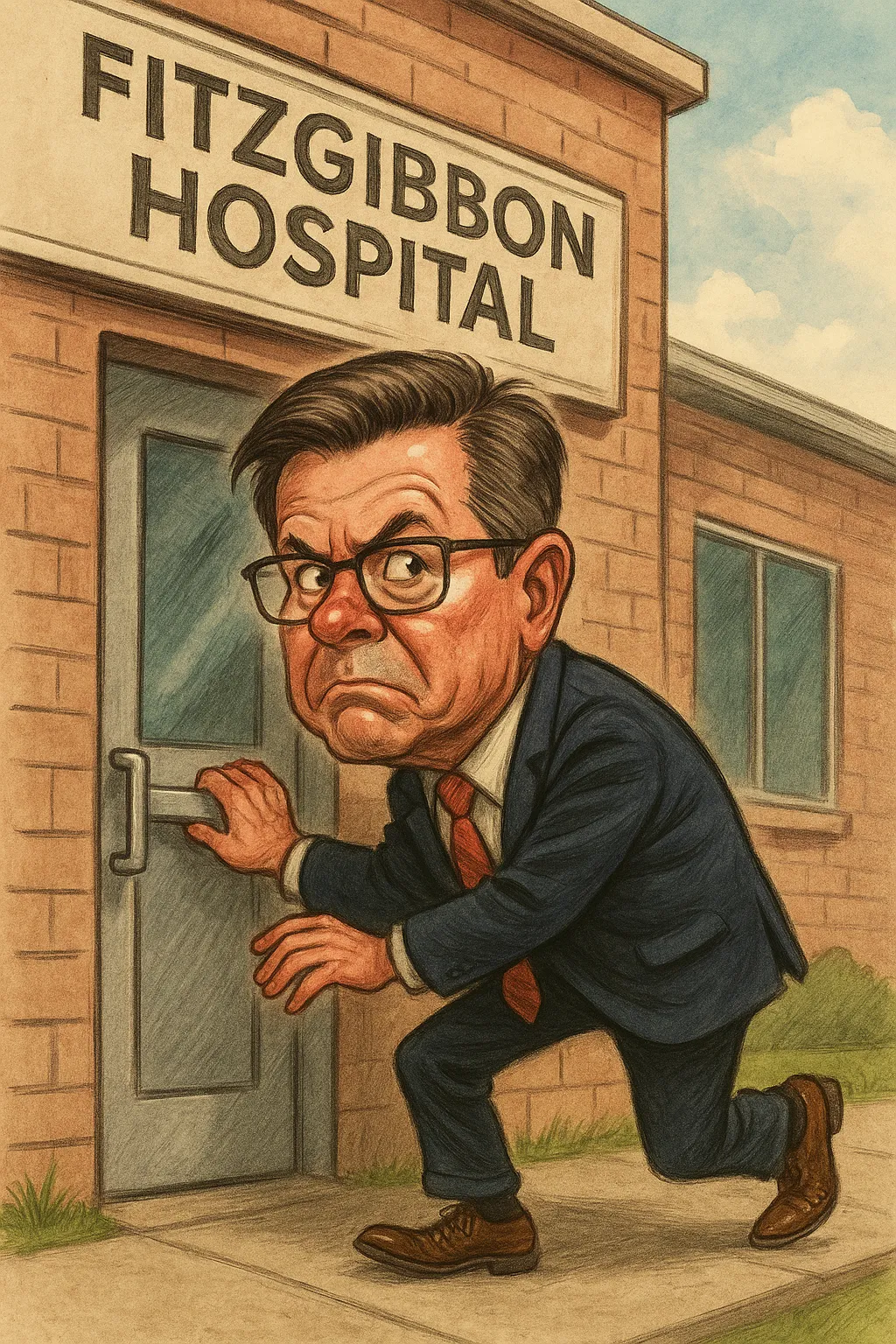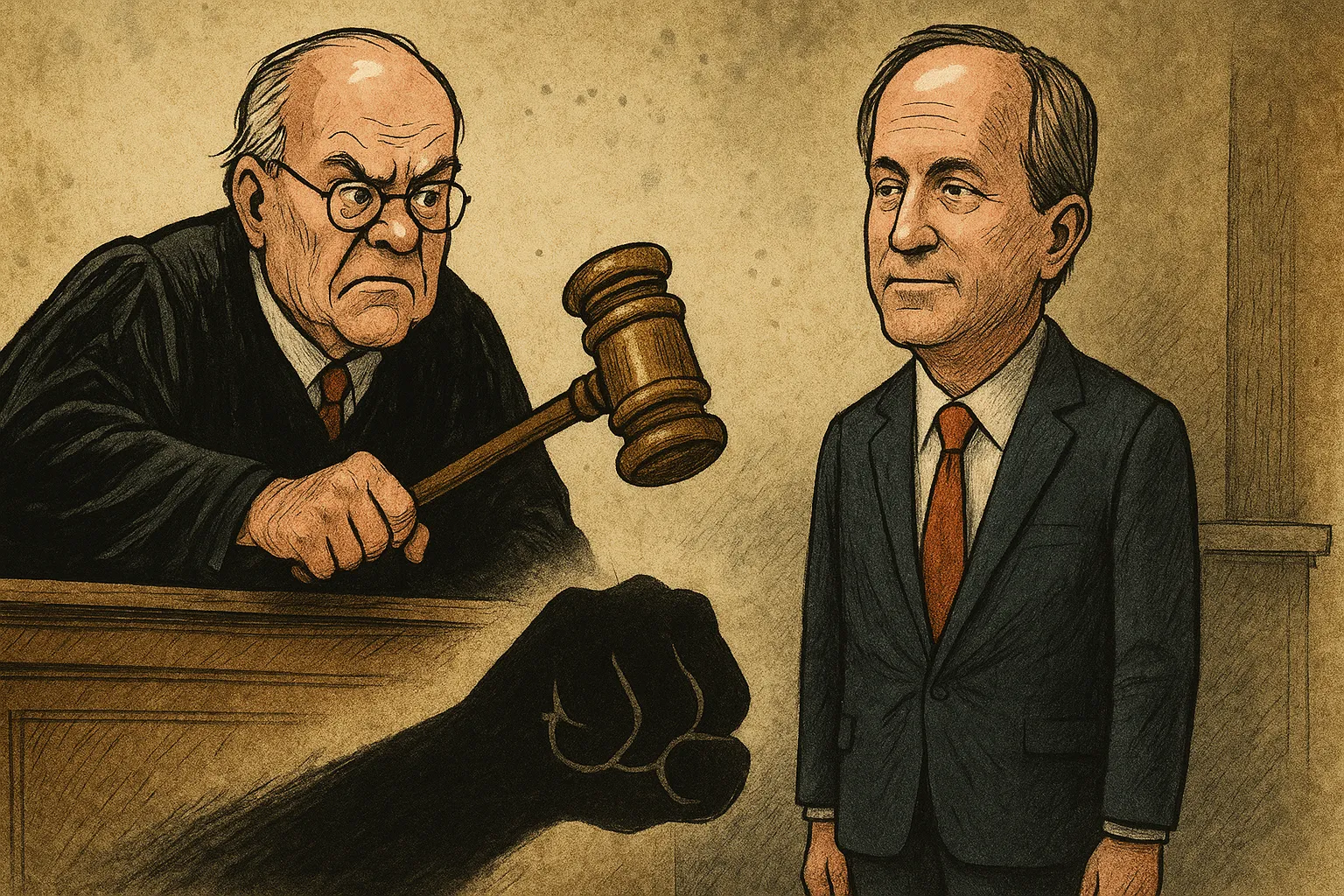Category: News from Dana for District 4
-
Why the Debt—and You—Matter More Than You Think
Mark “Awful for Missouri” Alford rubber-stamps Trump’s waste—like a $1B Qatari “gift” plane retrofit and $500M to paint the wall black—while we pay nearly $1T in yearly interest. I’ll fight to cut waste and reduce the debt with real accountability.
Written by

-
Texas GOP Gerrymanders Map, Blue States Prepare to Strike Back
Texas Republicans approved a Trump-backed congressional map to flip five seats. Now, blue states are preparing to redraw districts in response.
Written by

-
The Real Threat Isn’t Communism—It’s Fascism
Quit buying into the lie that Democrats are “communists” or “socialists.” The real threat is Trump and his allies pushing fascism, not democracy.
Written by

-
Trump’s Endorsement Is a Political Death Blow—and Mark Alford Votes Against Missouri Every Chance He Gets
Trump’s “Complete and Total Endorsement” isn’t a badge of honor—it’s a political death blow. Meanwhile, Mark Alford’s votes slash rural lifelines and weaken allies. Here are the facts, the losses, and the damage to Missouri’s 4th.
Written by

-
Truth, Lies, and Accountability in Politics
Running for office means sacrificing family time and privacy, yet candidates who truly want to serve are often attacked with lies. I’ll always lead with facts, truth, and accountability.
Written by

-
Mark Alford’s Hidden Fitzgibbon Hospital Photo Op Exposes His Pattern of Avoiding Constituents
Mark Alford is sneaking into Fitzgibbon Hospital tomorrow for a closed photo op. I’m calling out his pattern of hiding real events from the people he represents.
Written by

-
Trump Follows Putin’s Lead—Wants Mail‑In Voting Banned
Trump is copying Putin’s script to ban mail‑in voting. The truth: mail voting is secure, used worldwide, and run by the states. I’ll fight to protect your vote.
Written by

-
Prioritizing Missouri’s Military Bases and Veterans Over Empty Titles
Missouri’s military bases and veterans need more than empty titles. Ricky Dana will protect missions, improve veteran healthcare, and support families.
Written by


